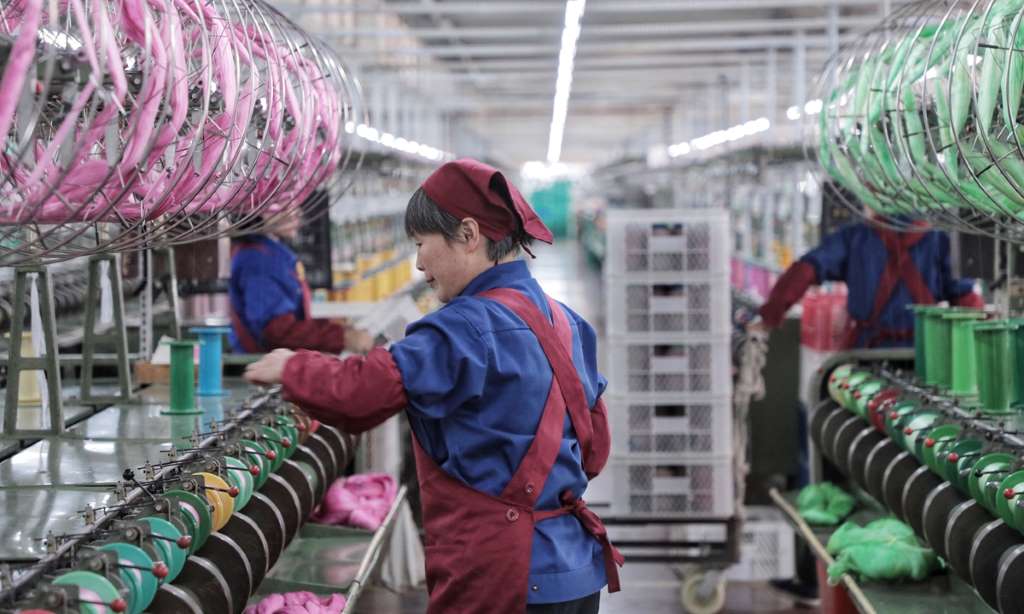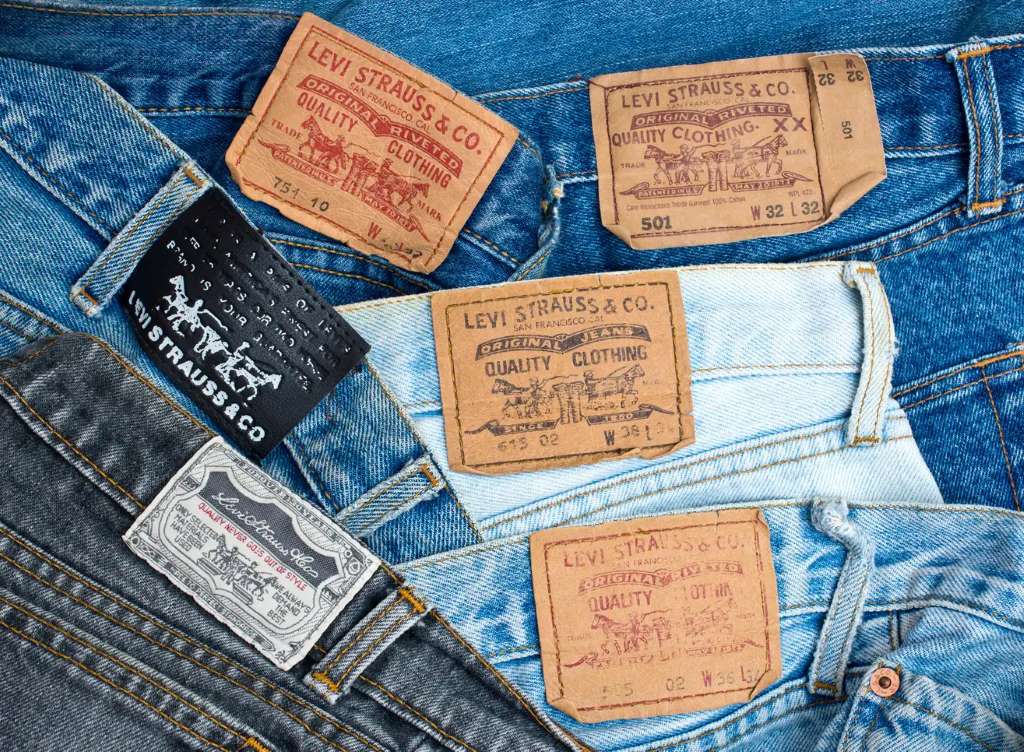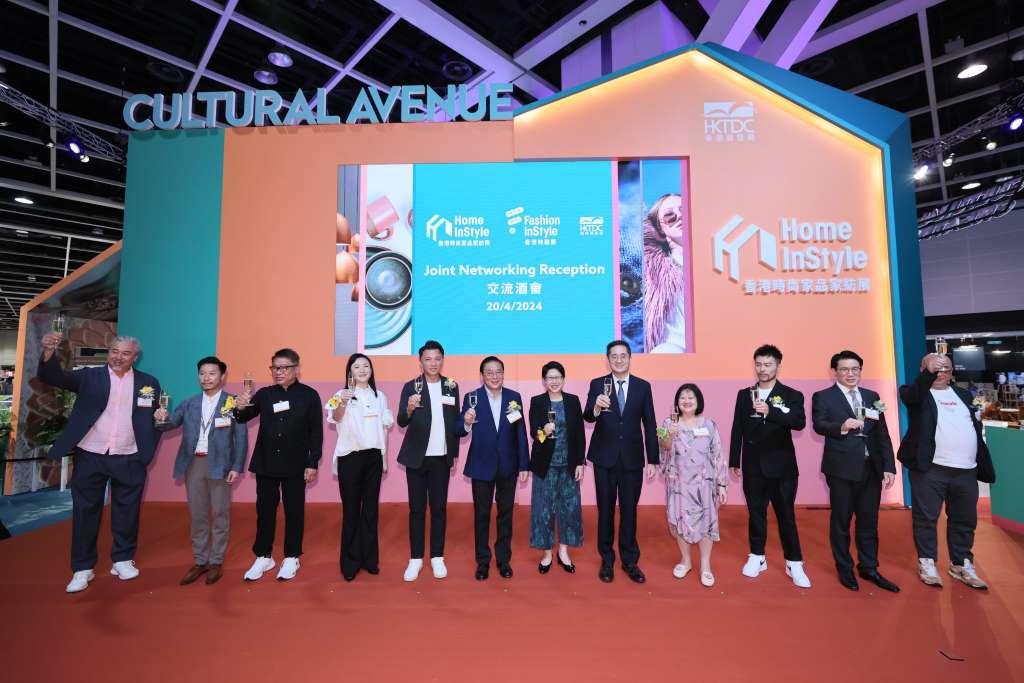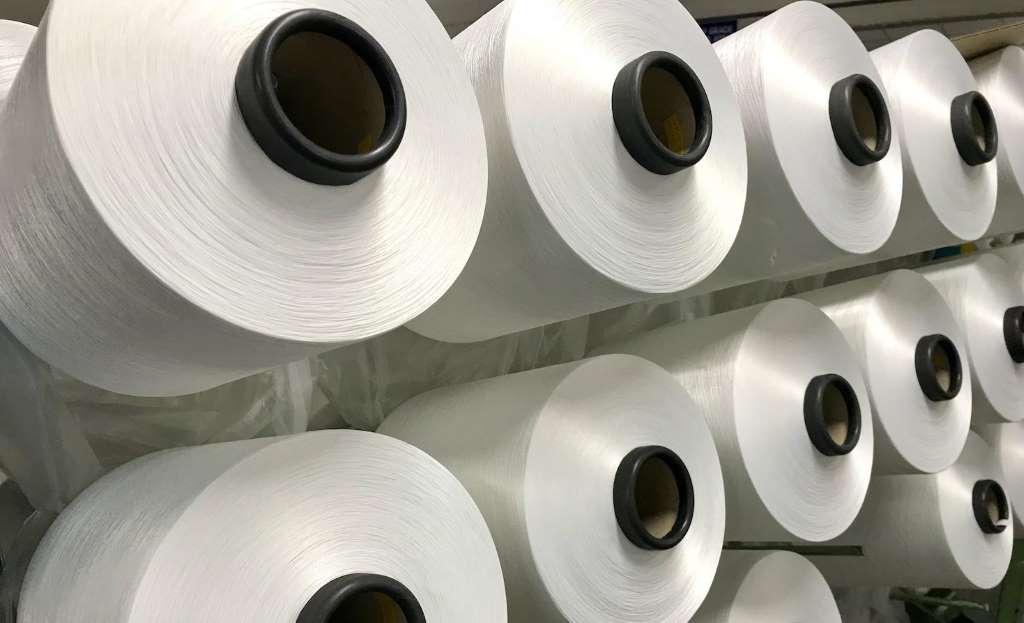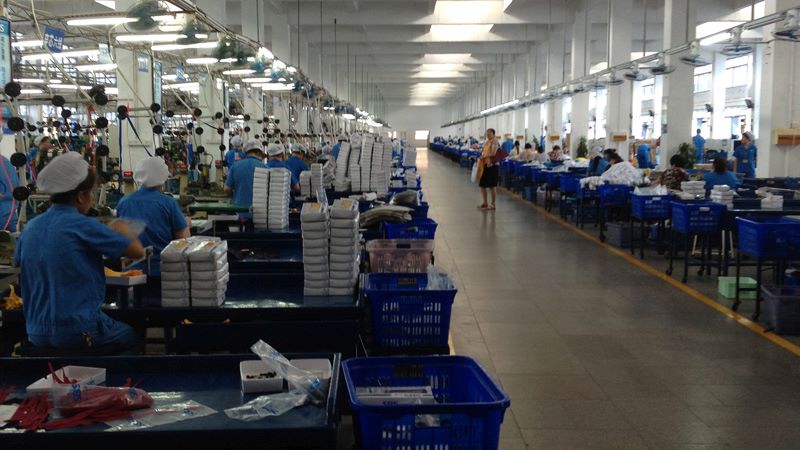The Auburn University RFID Lab, GS1 US and several leading retail companies have completed the Chain Integration Project (CHIP). The groundbreaking proof-of-concept demonstrated the effectiveness of using blockchain in combination with RFID to gather serialized product information. Three brands, Nike, PVH Corp., and Herman Kay, as well as two retailers, Kohl’s and Macy’s, contributed live data to the project. Though blockchain’s potential is still undefined in retail, CHIP represented an important step in helping to solve supply chain challenges that have plagued the industry for decades.
CHIP participants named claims and chargebacks as one of the costliest problems for brands and retailers. There's simply little to no communication of serialized data between the stakeholders involved. Claims are often settled in the absence of sufficient shipment information on both brand and retailer sides.
Though blockchain technology can hold them accountable for their agreements and create more order transparency, trading partners need to focus on the basic tenets of supply chain visibility to fully maximize blockchain for this purpose. Companies pursuing blockchain should have globally unique product identification in place (not proprietary identification numbers) as well as a uniform way to capture how the product changes hands throughout the supply chain, such as RFID. Without supply chain visibility and data completeness, order accuracy cannot be improved.





